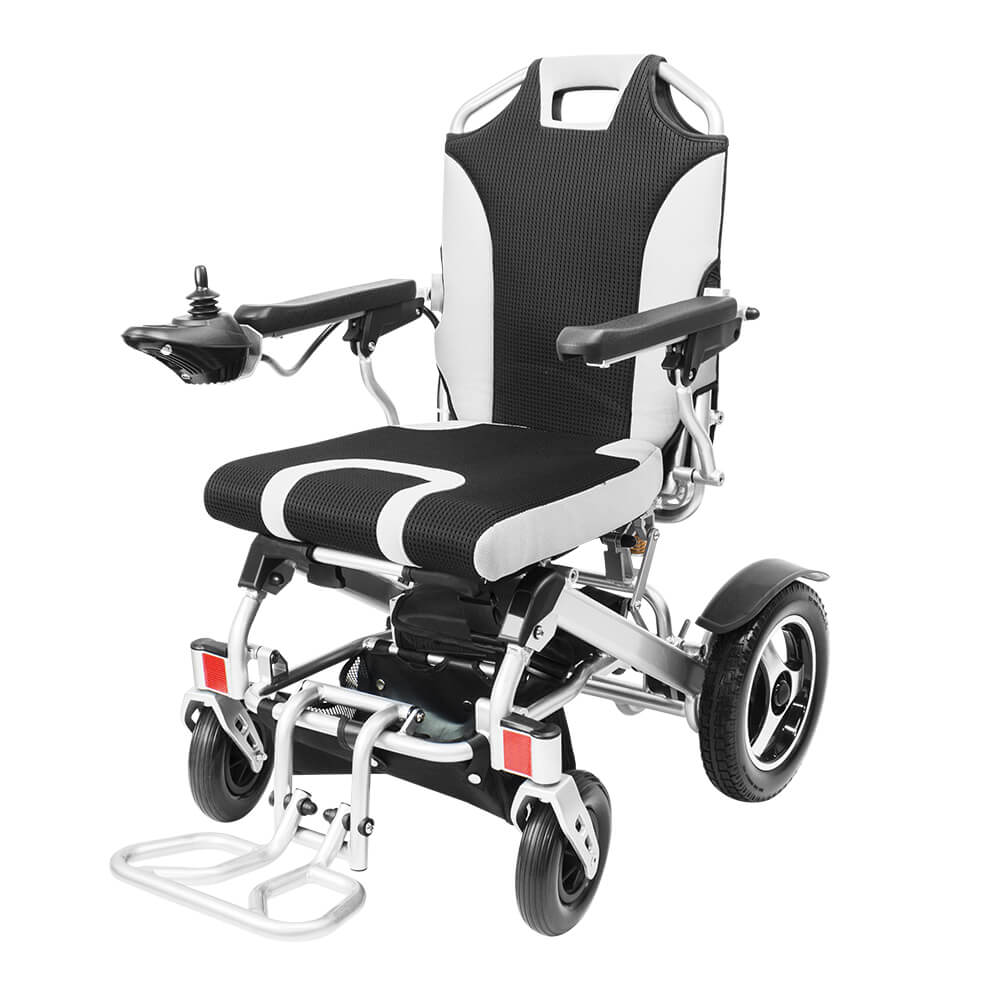Industrial circuit breakers play a crucial role in ensuring the safety and efficiency of electrical systems. Whether you’re in the manufacturing sector, operating heavy machinery, or managing commercial infrastructure, understanding industrial circuit breakers is essential. These devices protect your electrical systems from overloads, short circuits, and electrical faults, helping to prevent damage to equipment and reduce fire risks.
In this ultimate guide, we’ll explore the various types of industrial circuit breakers, their uses, and why they are essential for protecting your equipment. Along the way, we’ll discuss the importance of sourcing these crucial components from reliable electrical equipment suppliers and how other related electrical components, such as electrical transformers, complement the circuit breakers in a well-designed electrical system. industrial motor controls
What Are Industrial Circuit Breakers and Why Are They Important?
Industrial circuit breakers are electrical safety devices designed to prevent damage to circuits due to excess current or short-circuit conditions. When an electrical system overloads or experiences a fault, circuit breakers interrupt the electrical flow, protecting both people and equipment.
Here’s why industrial circuit breakers are so important:
• Protect Electrical Systems: Overload and short-circuit protection are critical for preventing fires, sparking, and equipment damage.
• Prevent Equipment Damage: They protect costly electrical components, such as electrical power transformers and machinery, from severe damage caused by electrical faults.
• Ensure Safety: By automatically disconnecting power during faults, circuit breakers help minimize the risk of electrical hazards.
Types of Industrial Circuit Breakers
The type of industrial circuit breaker you choose depends on the size and complexity of your electrical system. Here’s a breakdown of some common types:
1. Molded Case Circuit Breakers (MCCBs)
Molded case circuit breakers are among the most widely used industrial circuit breakers. They come in various ratings and can handle both overloads and short circuits. These circuit breakers are typically used in low-voltage applications (up to 600V) and provide protection for both commercial and industrial electrical systems.
Key Features:
• Adjustable trip settings.
• Compact design.
• Suitable for motor protection, lighting circuits, and distribution boards.
2. Air Circuit Breakers (ACBs)
Air circuit breakers are designed for medium to high-voltage applications. They operate by using air as the arc-extinguishing medium. ACBs are ideal for industrial power distribution and protection of large electrical transformers or high-capacity motors.
Key Features:
• Can interrupt high currents.
• Provide reliable protection in industrial environments.
• Can be used for electrical transformers and larger motor control circuits.
3. Vacuum Circuit Breakers (VCBs)
Vacuum circuit breakers are commonly used in electrical systems where high reliability and performance are required. They are used to break the circuit under conditions of high voltage. Vacuum circuit breakers are often utilized in the protection of electrical power transformers and high-voltage equipment.
Key Features:
• High insulation resistance.
• Quick arc quenching.
• Suitable for medium and high-voltage applications.
4. Miniature Circuit Breakers (MCBs)
Miniature circuit breakers are typically used for protecting smaller electrical circuits in commercial and residential buildings. They are ideal for protecting circuits in lighting systems, small appliances, and other low-voltage applications. commercial motor controls
Key Features:
• Compact size.
• Easy installation and replacement.
• Ideal for low-voltage protection.
5. Residual Current Circuit Breakers (RCCBs)
RCCBs are specialized circuit breakers designed to protect against electrical shock by detecting differences in the current flowing through the live and neutral conductors. These are particularly useful in areas where personnel safety is a concern, such as in workshops or commercial buildings.
Key Features:
• Enhanced safety by detecting leakage currents.
• Prevent electrocution hazards.
• Essential for environments with high human activity.
How Industrial Circuit Breakers Work
The function of a circuit breaker is straightforward yet vital for protecting your electrical system. When an overload or short circuit occurs, the circuit breaker’s internal mechanism detects the fault. Upon detection, it “breaks” or interrupts the electrical flow, preventing damage to connected equipment.
Circuit breakers often use one of the following mechanisms to disconnect the electrical supply:
• Thermal Trip Mechanism: Activated when heat from excess current causes a bimetallic strip to bend, breaking the circuit.
• Magnetic Trip Mechanism: Uses an electromagnetic coil that trips the breaker when excess current flows through.
• Combination of Both: Some circuit breakers use a combination of thermal and magnetic mechanisms for a more effective response.
The Role of Electrical Transformers in Industrial Systems
In industrial applications, electrical transformers play a crucial role in regulating voltage levels for machinery and equipment. They convert high-voltage electricity into a manageable level for use in specific applications. However, electrical power transformers are also susceptible to overloads and faults, which is why the pairing of transformers with circuit breakers is essential for system safety.
Transformers and circuit breakers work together in several ways:
• Overload Protection: The circuit breaker disconnects the power if the transformer is overloaded, preventing overheating or fire.
• Fault Isolation: In the event of a short circuit, the circuit breaker isolates the faulty transformer from the rest of the system.
• System Reliability: By protecting transformers, circuit breakers ensure the overall reliability of an electrical power system.
Why Choose a Reliable Electrical Parts Supplier?
When it comes to purchasing industrial circuit breakers, electrical equipment suppliers are your go-to resource. Sourcing components from a reputable supplier ensures that you get high-quality, certified products that meet safety standards.
Here’s why selecting a trusted supplier is important:
• Quality Assurance: A good supplier offers reliable products that adhere to industry standards and regulations.
• Availability of Components: A trusted supplier can provide you with hard-to-find parts, such as industrial circuit breakers, electrical transformers, and other electrical components, ensuring your operations run smoothly.
• Expert Guidance: Top-tier electrical parts suppliers offer expert advice on selecting the right components for your needs, helping you design safe and efficient electrical systems.
Maintenance Tips for Industrial Circuit Breakers
To ensure the longevity and optimal performance of your industrial circuit breakers, regular maintenance is essential. Here are some tips:
• Inspect Regularly: Check circuit breakers for any signs of wear, damage, or corrosion.
• Test for Functionality: Periodically test the breaker’s ability to trip under overload conditions.
• Keep It Clean: Dust and dirt can interfere with the operation of circuit breakers. Keep the area clean and free of debris.
• Check Connections: Loose electrical connections can cause failures. Ensure all terminals are tight and secure.
Conclusion
In conclusion, industrial circuit breakers are vital for ensuring the safety and reliability of electrical systems in any industrial setting. By understanding the different types of circuit breakers and how they work, you can make informed decisions when selecting the right equipment for your needs. Pairing these breakers with reliable electrical transformers and other equipment can enhance the efficiency and safety of your operations.
Working with reputable electrical equipment suppliers guarantees that you’re investing in quality components that will protect your valuable assets, from machinery to electrical power transformers. Make sure to prioritize safety, quality, and reliability when sourcing circuit breakers to create a solid foundation for your electrical system’s long-term success.


